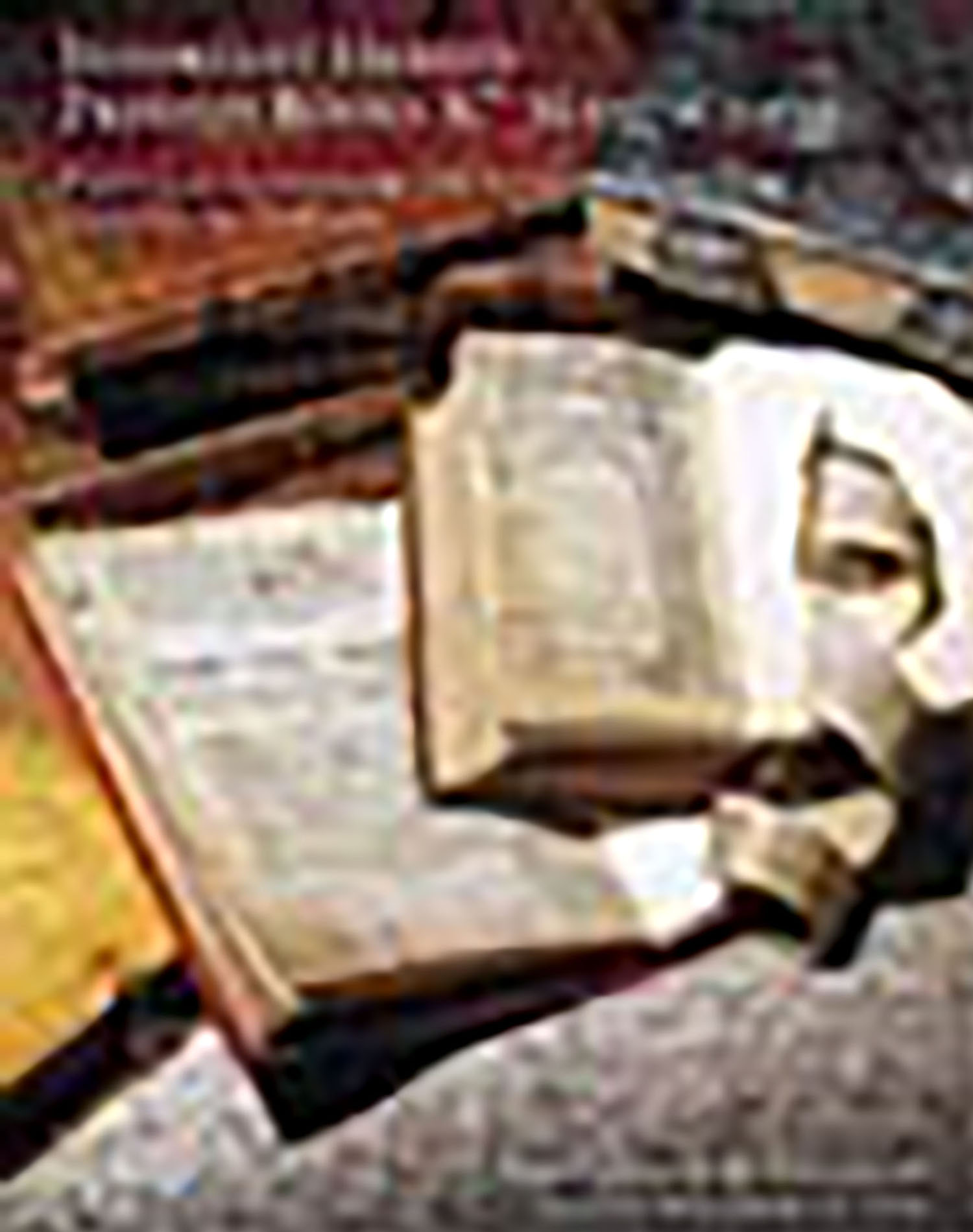(BIBLE,.

AUCTION 14 |
Tuesday, November 13th,
2001 at 1:00
Important Hebrew Printed Books and Manuscripts From the Library of the London Beth Din
Lot 68
(BIBLE,.
(Genoa): Petrus Paulus Porro for Nicolo Giustiniani Paulo 1516
Est: $15,000 - $18,000
PRICE REALIZED $17,000
FIRST POLYGLOT BIBLE EDITION. The Second Book Printed in Arabic. THE ONLY BOOK PRINTED AT GENOA IN THE FIRST QUARTER OF THE SIXTEENTH CENTURY. AN EARLY REFERENCE TO CHRISTOPHER COLUMBUS’ DISCOVERY OF AMERICA.
The learned Dominican Agostino Giustinianni, Bishop of Nebbio in Corsica, and later Professor of Hebrew at the College de France, devoted himself to the study of Oriental languages. He spared no expense in the preparation of this first polyglot edition of the Book of Psalms which was popular with Churchmen of the age who sought Christological references in its lyrical, prophetic poetry. He summoned the Milanese printer Pietro Paulo Porro, a master-printer at Turin, to Genoa to undertake the printing of this work. In addition to this edition of 2,000 copies, Giustinianni printed 50 copies on vellum for presentation to royalty.
His “Scholia” commentary reveals his considerable scholarship. Of particular interest are his comments on Psalm 19, verse 4; “Their line has gone out through all the earth and their words to the end of the world.” On this verse the bishop says; “In our own times, by his wonderful daring, Christopher Columbus, the Genoese, has discovered almost another world and a new congregation of Christians. In truth, as Columbus often maintained that God had chosen him as the instrument for the fulfillment of this prophecy, I deem it not improper here to refer to his life...” The lengthly note contains previously unpublished information on Columbus’ life and second voyage. See Amram, The Makers of Hebrew Books in Italy pp.225-9.
For another copy recently sold at auction, see, Christie’s New York, The Helmut N. Friedlaender Library, Part I, Monday 23 April, 2001, Lot 133
